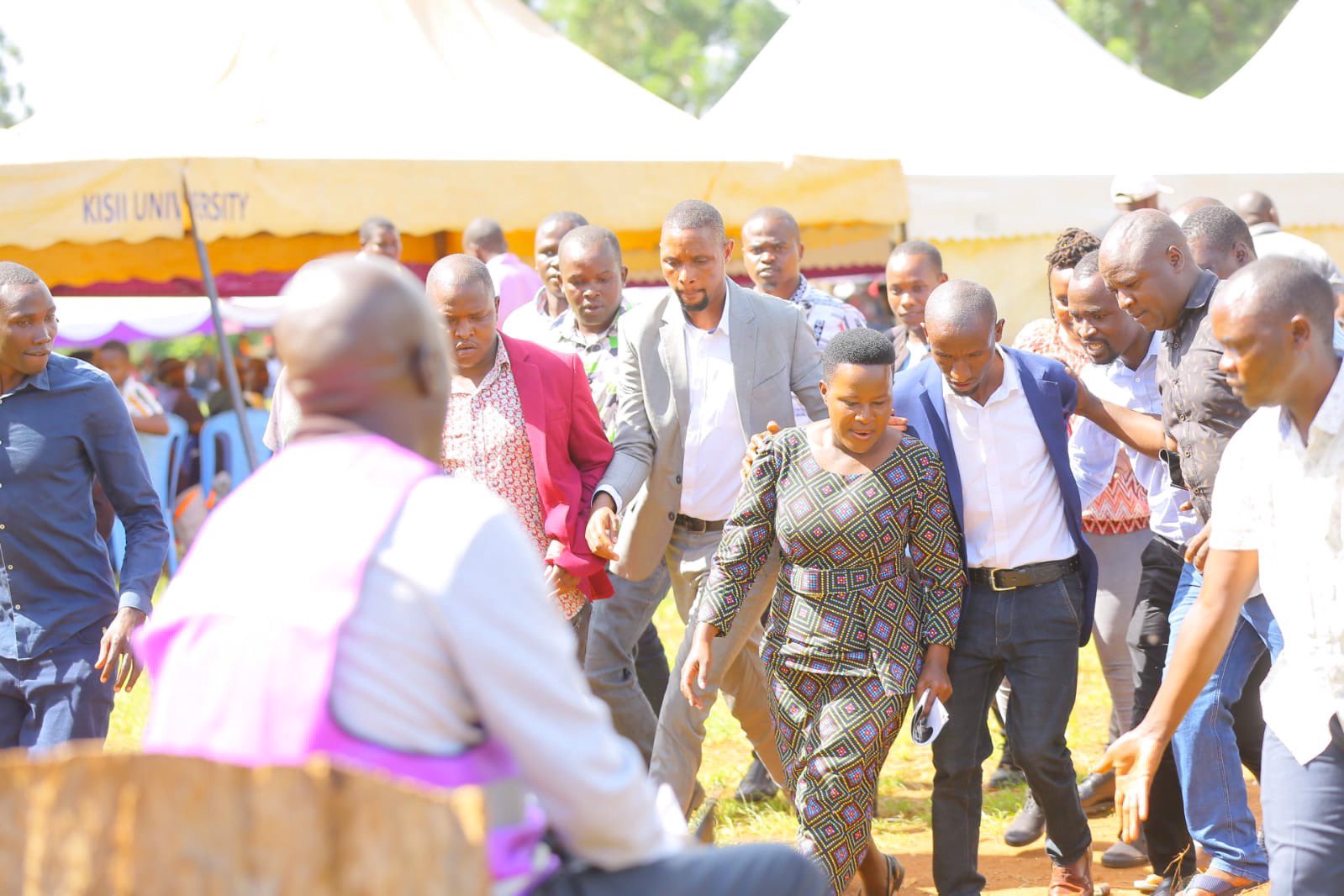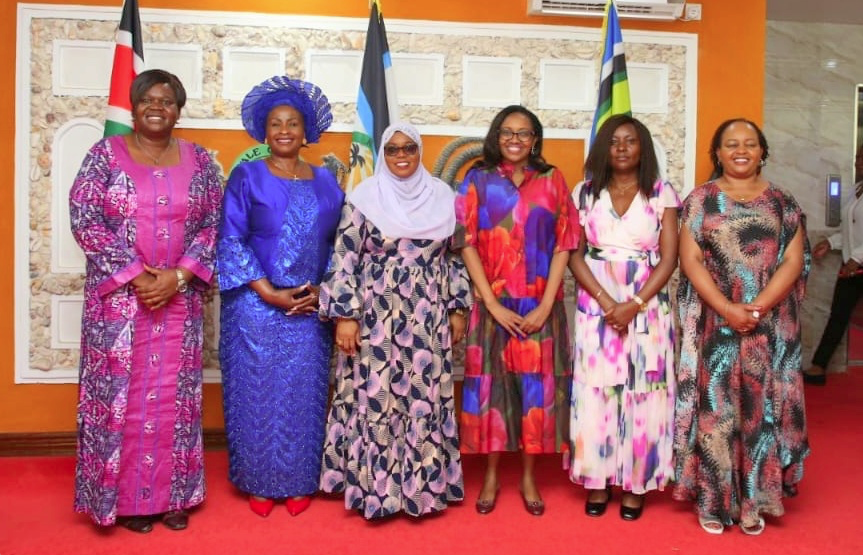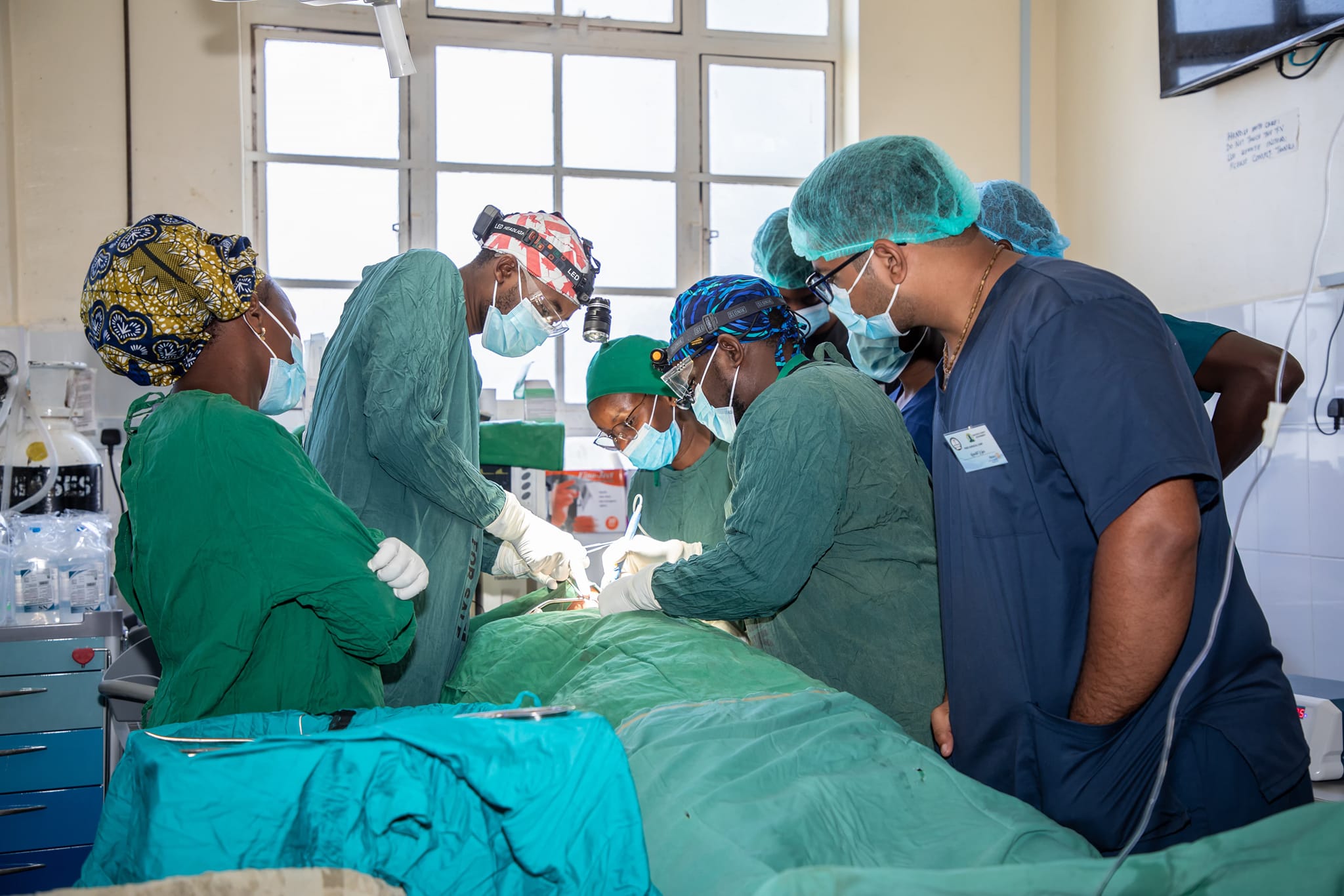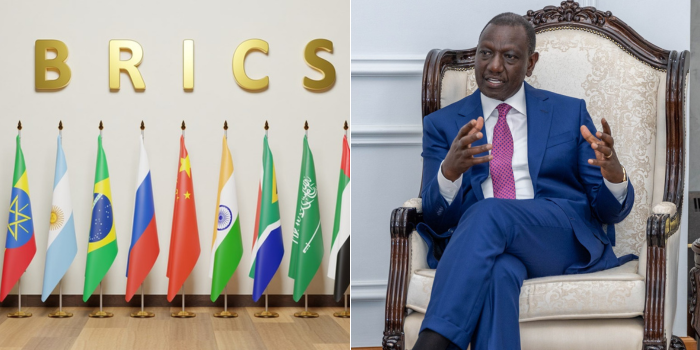U.S. Vice President J.D. Vance: A Looming Threat to Reproductive Rights Worldwide?
With Donald Trump and J.D. Vance elected as U.S. President and Vice President, Kenyan SRHR advocates face potential funding and policy challenges. Explore practical steps to safeguard reproductive and LGBTQI+ rights by strengthening local networks and collaborating globally.

The recent election of Donald Trump as U.S. President, with J.D. Vance as his Vice President, has left many in the Sexual and Reproductive Health and Rights (SRHR) community concerned about the future. With a strong track record of conservative views, Vance’s role could mean significant shifts in U.S. policy that may impact access to healthcare funding, especially for areas like Kenya that rely on international support for reproductive health services and LGBTQI+ rights.
J.D. Vance is known for his close ties to organizations like Susan B. Anthony Pro-Life America and National Right to Life, which advocate for policies that limit reproductive rights, including safe and legal abortion. Throughout his career, Vance has openly supported policies that restrict abortion and block federal funding for these services. Now, with the influence of his Vice Presidency, there’s a real possibility of even more restrictive policies that could affect global health initiatives, especially in countries like Kenya where U.S. policy decisions have a significant impact.
These policies aren’t just about abortion, either. Vance’s conservative values also extend to LGBTQI+ issues. While his focus has primarily been on reproductive rights, his past statements suggest that his Vice Presidency could also bring restrictions on LGBTQI+ freedoms. This direction in U.S. policy could slow progress toward inclusivity and equality around the world, especially in regions already struggling with conservative social pressures.
In the past, Trump’s administration reduced international funding for many SRHR initiatives, forcing organizations in Kenya and elsewhere to cut back on essential health services. With Vance now in a powerful position, SRHR defenders should be prepared for similar challenges. However, there are steps we can take to stay resilient and keep making progress toward reproductive health and LGBTQI+ rights, even in challenging times.
What SRHR Advocates in Kenya Can Do
a. Stay informed: Regularly follow announcements and policy changes from the U.S. administration that affect reproductive and LGBTQI+ rights. Being proactive allows advocates to anticipate changes and adapt.
b. Strengthen Local Networks: Build strong partnerships within Kenya to create more independent support for SRHR. Reducing dependency on foreign funding will help ensure that local SRHR initiatives can continue, no matter the direction of U.S. policy.
c. Collaborate with Global Allies: Partner with like-minded organizations around the world to present a united front. Solidarity with international pro-choice and LGBTQI+ groups can amplify voices and provide additional support when international funding is at risk.
d. Educate and Mobilize the Community: Increase awareness within the community about the importance of SRHR and LGBTQI+ rights, encouraging a strong local advocacy base. When more people are informed and supportive, the movement grows stronger and more resilient.
As we face this new phase, it’s clear that SRHR defenders in Kenya need to be vigilant and adaptable. U.S. policies may shift, but your commitment to reproductive health, LGBTQI+ rights, and equality should remain strong; keep pushing forward.
Also Read:
What's Your Reaction?






































































































